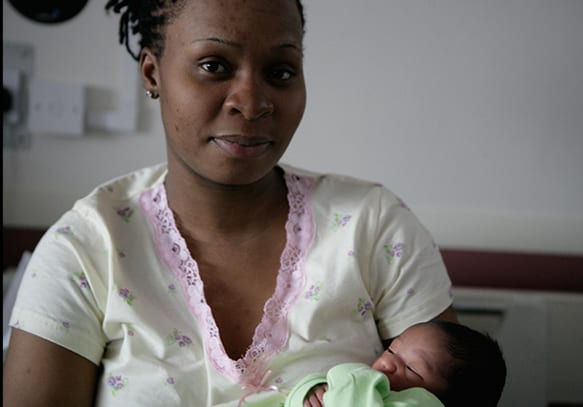Transcript – Signs of Pregnancy
If you suspect that you may be pregnant, you might notice some changes in your body from very early on. Every woman is different and not all women will notice all of these symptoms.
Typically, women will notice that they have missed a period and that tends to be the very first sign of pregnancy. However, this on its own does not confirm pregnancy as it can be caused by other things like stress, medication, low iron levels or even a urinary tract infection, so you need to consider other signs as well. Women who are pregnant sometimes have a bleed like a very light period, with some spotting or losing a little blood. This is called implantation bleeding.
Other common signs and symptoms that you might experience are nausea and vomiting, especially in the first four weeks as a lot of hormonal changes begin very early on – approximately 80-90 percent of women experience this symptom, however vomiting on its own is rare.
Another giveaway could be a change in your breasts; you may begin to feel discomfort, tenderness or tingling. Some women can even notice a sense of ‘fullness’ in their breasts in the first 3 or 4 weeks as the blood supply to the breasts increases during pregnancy, but not all women will experience this.
You may notice that you’re feeling slightly more tired and possibly have the urge to pass urine (wee) more frequently than usual – this is common in pregnancy.
Many women report that they ‘just feel different’. It could be things like a metallic taste in your mouth, you lose interest in certain foods or crave others, or you have increased sensitivity to smells.
If you are noticing one or more of these symptoms it could be an early sign of pregnancy and we recommend that you take a pregnancy test.
So, how do you go about taking a pregnancy test?
You can either choose to buy an at home pregnancy test from your local supermarket, pharmacy or online. These can be done in private and are usually quite accurate. You should clearly read the instructions beforehand and make sure that you know what a positive result will show. You can also access pregnancy tests at your GP practice or at the sexual health clinic.
You will need to collect a urine sample first thing in the morning and then they will be able to test it for you on the spot. If your results come back negative but the symptoms persist, take another test in 2 or more days, to exclude pregnancy however a positive result on the other hand is usually accurate.
Once you have confirmed your pregnancy, it’s very important to make an appointment with a midwife as soon as possible. A midwife can support the health and wellbeing of you and your baby during pregnancy, birth and beyond. You can contact a midwife through your local GP surgery, local Children’s centre or by phoning the maternity department of the hospital of your choice. Take a look at our ‘MyBirthMyChoice.co.uk’ website to find out more about the ten different maternity units in Greater Manchester and Eastern Cheshire with which you can choose to book maternity care.
Your first appointment with a midwife is called the “booking appointment” where the midwife will ask for a short history of your health and give you more information on what to expect. If you are taking medication or have a long-term condition, it is also important to let your doctor know that you are pregnant.
If you are experiencing these symptoms for some time and are not in fact pregnant, it’s important that you contact your GP to find the cause of these symptoms as they could be related to other conditions.






